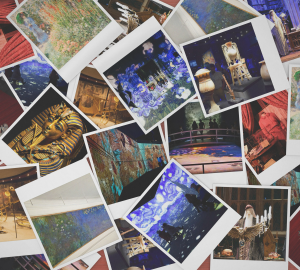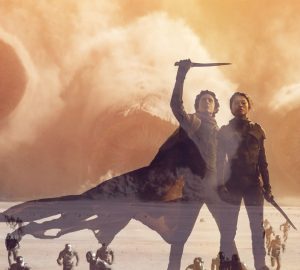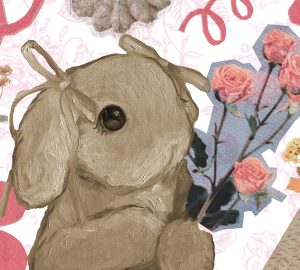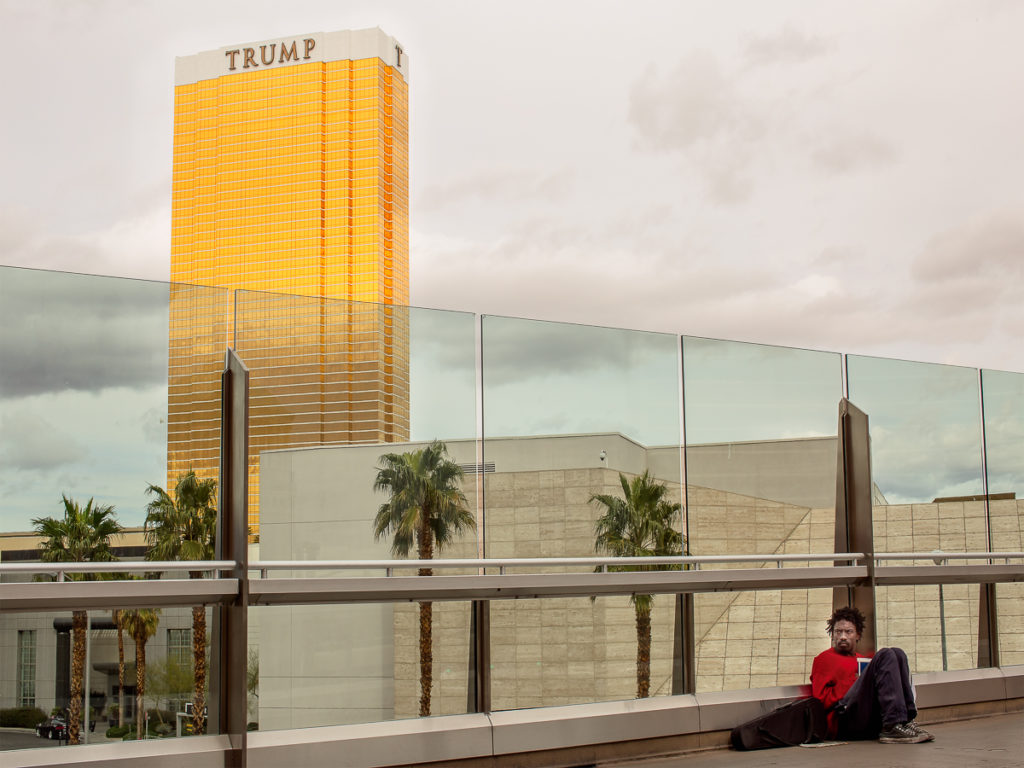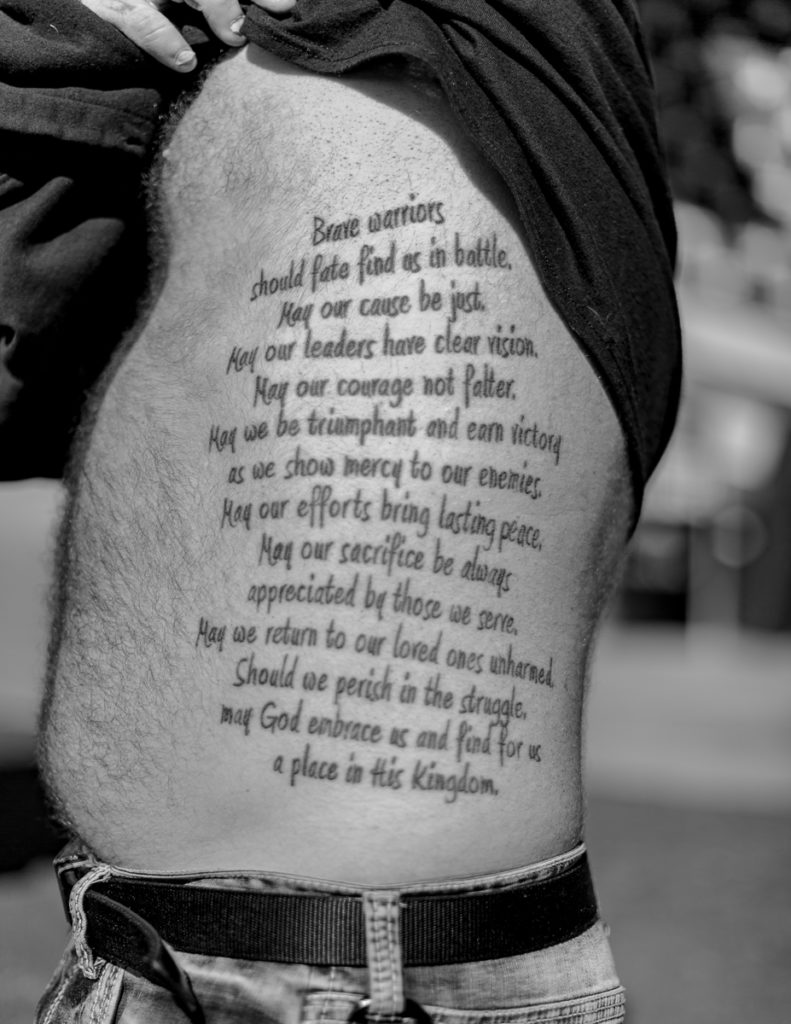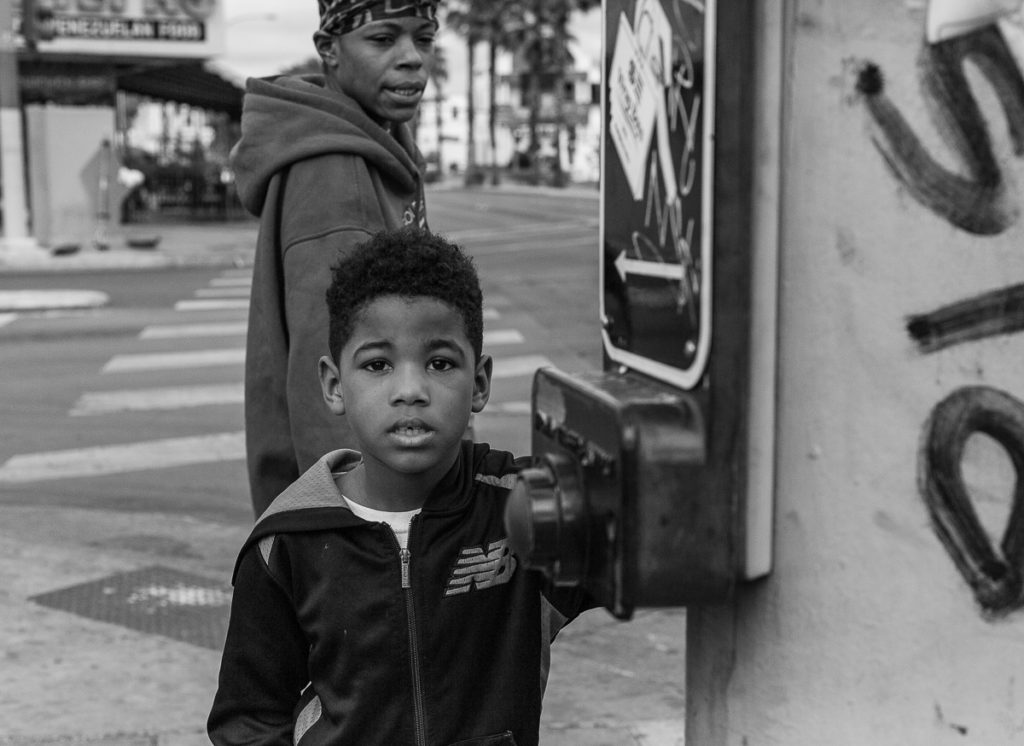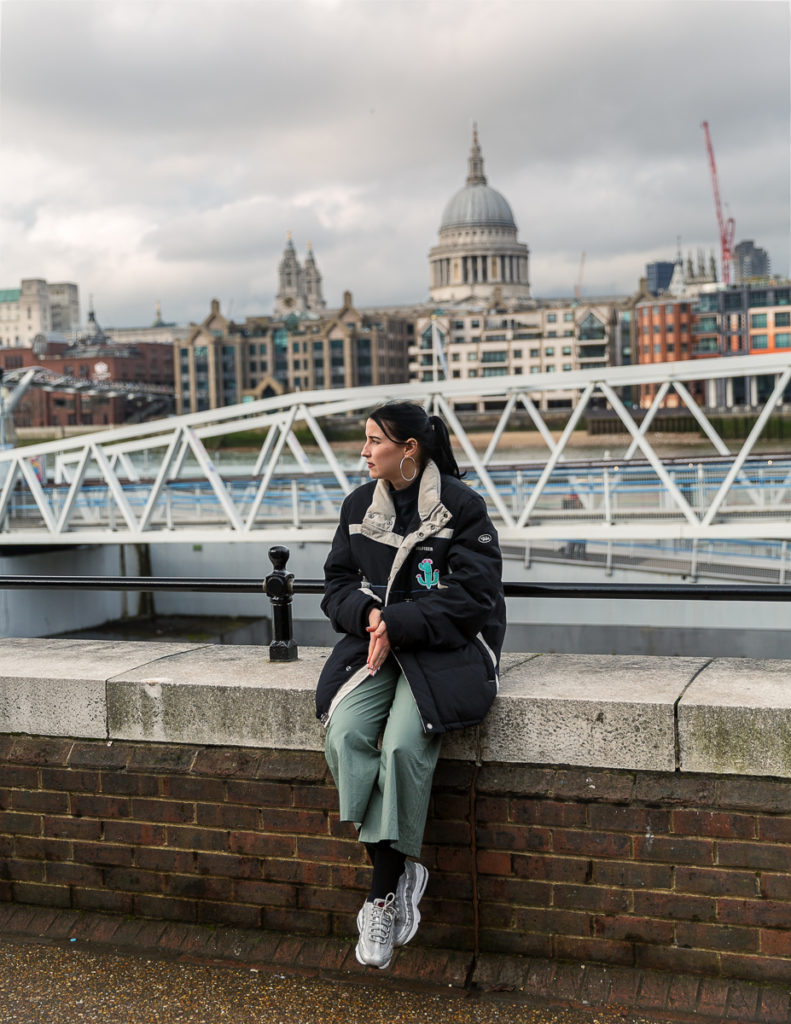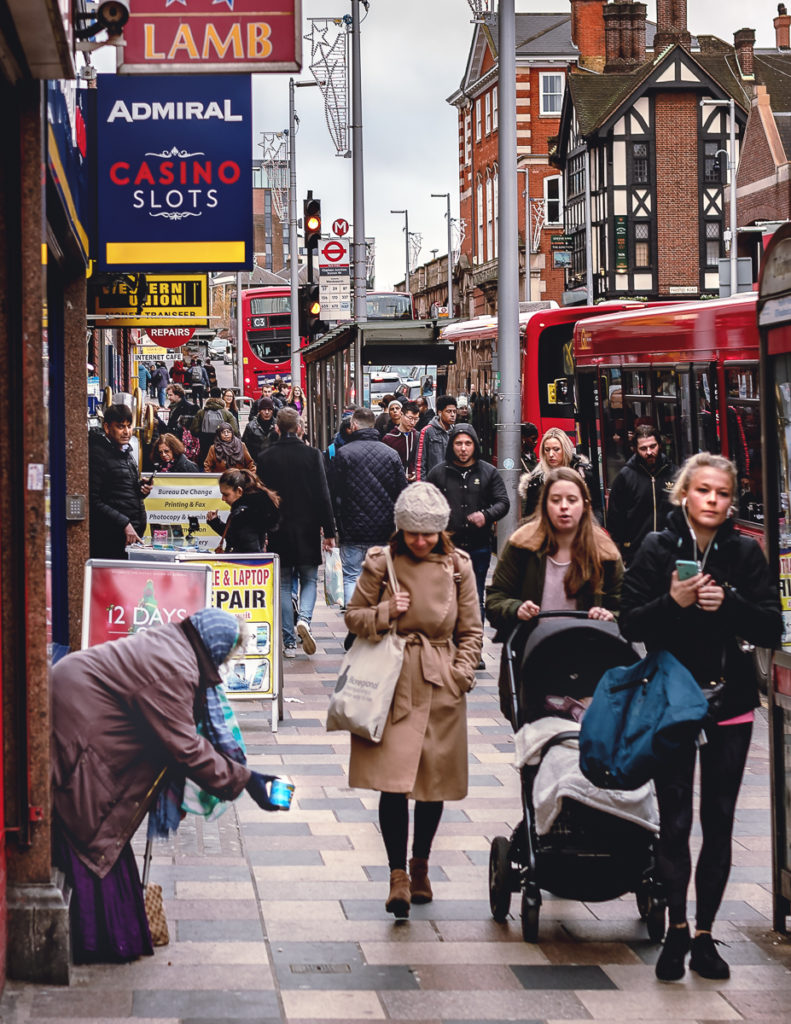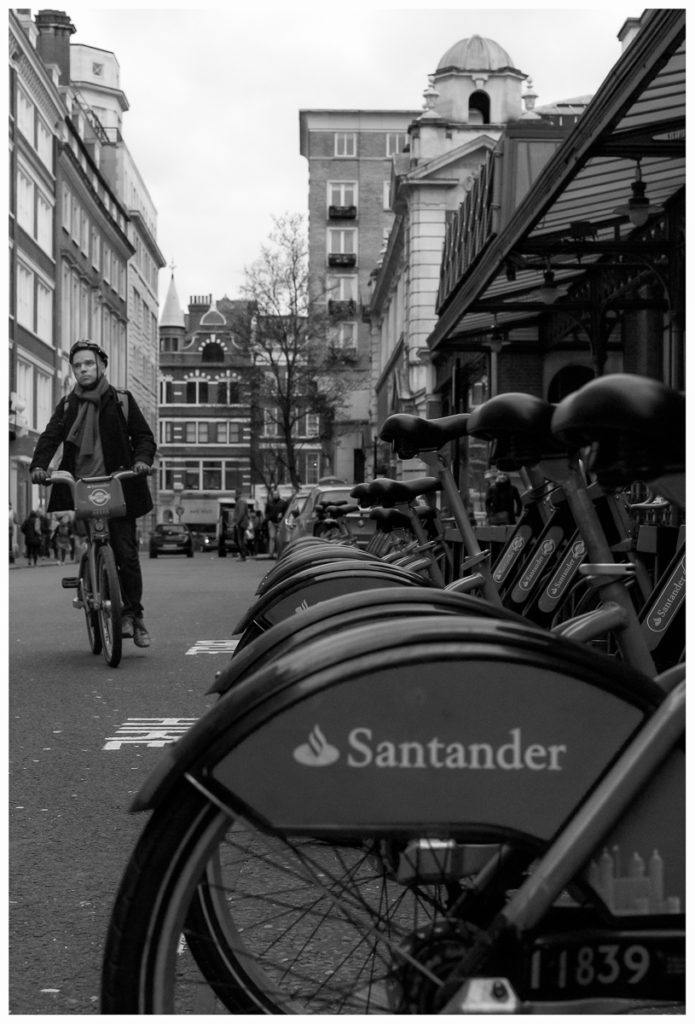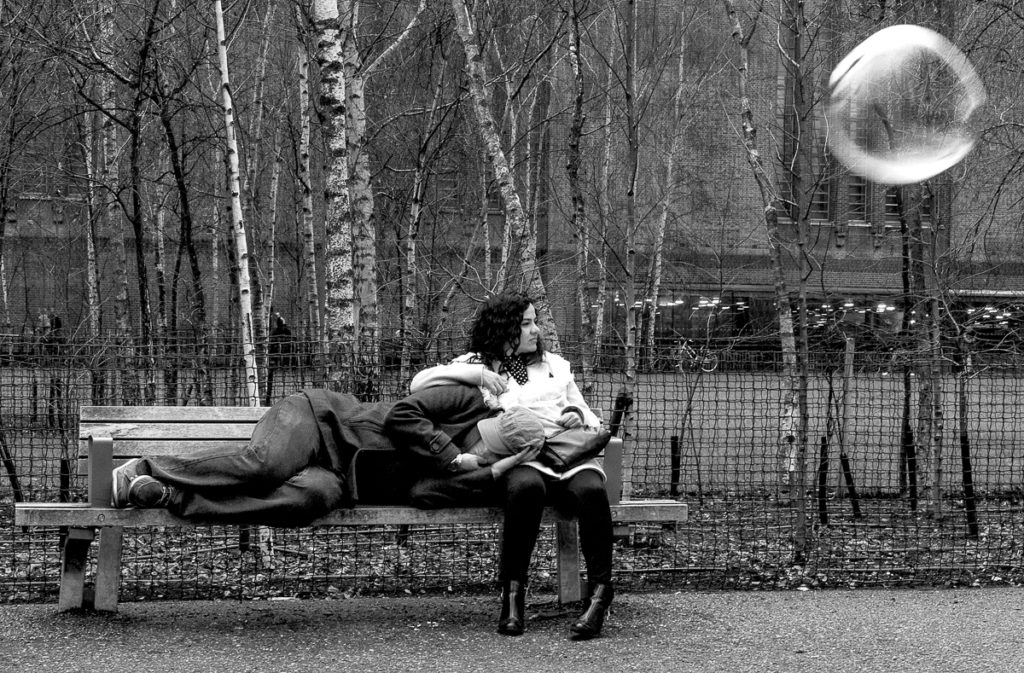The “Photographer of the Week” series is dedicated to highlighting photographers within the SCAD community that demonstrate unique abilities behind the lens. This week, Terrance Duel, a graduate student pursuing an MFA in photography, shares his recent projects and personal insight.
When did you start your photography journey, and what does photography mean to you?
When I was a little kid growing up in the midwest, I would spend hours in the school
library looking at images in back issues of Life Magazine, Time and National Geographic. I
was fascinated by the photos taken of the world outside of my little farming community of
Armington, Illinois. My first camera back then was a little 110 point and shoot, and I would take
snapshots of things around the farm. As I grew older, I always had a camera, taking snapshots of
places I would visit. Still, I never seriously considered that becoming a photographer was a
possibility. When I joined the Army at 17 began carrying a camera every time I left the country.
I knew that I wanted to capture those experiences and share them with family. When I look at
those early photos, I can see the beginning of my style in street photography. I retired from the
Army in 2015 after having been in 28 years, and honestly, I was a little unsure what to do next. I
knew that I didn’t want to wear a suit and tie and work in a mundane office setting. I have
always said that when they write my obituary, I want to say I lived an exciting life. So I
started working as a military contractor teaching military leadership to Afghans. After this last
trip to Herat, I showed photos of my career to my sister, an artist living in London. While
looking through the pictures, she mentioned I had an excellent eye for detail and that I should
consider pursuing a second career as a photographer. Once the seed was planted, it took another
year for me finally take the leap, buy a Canon 5d Mark III and apply to SCAD.

TD Deuel By Their Own Hand “Dutch” No. 5 Archival Pigment Print 2019 24×24 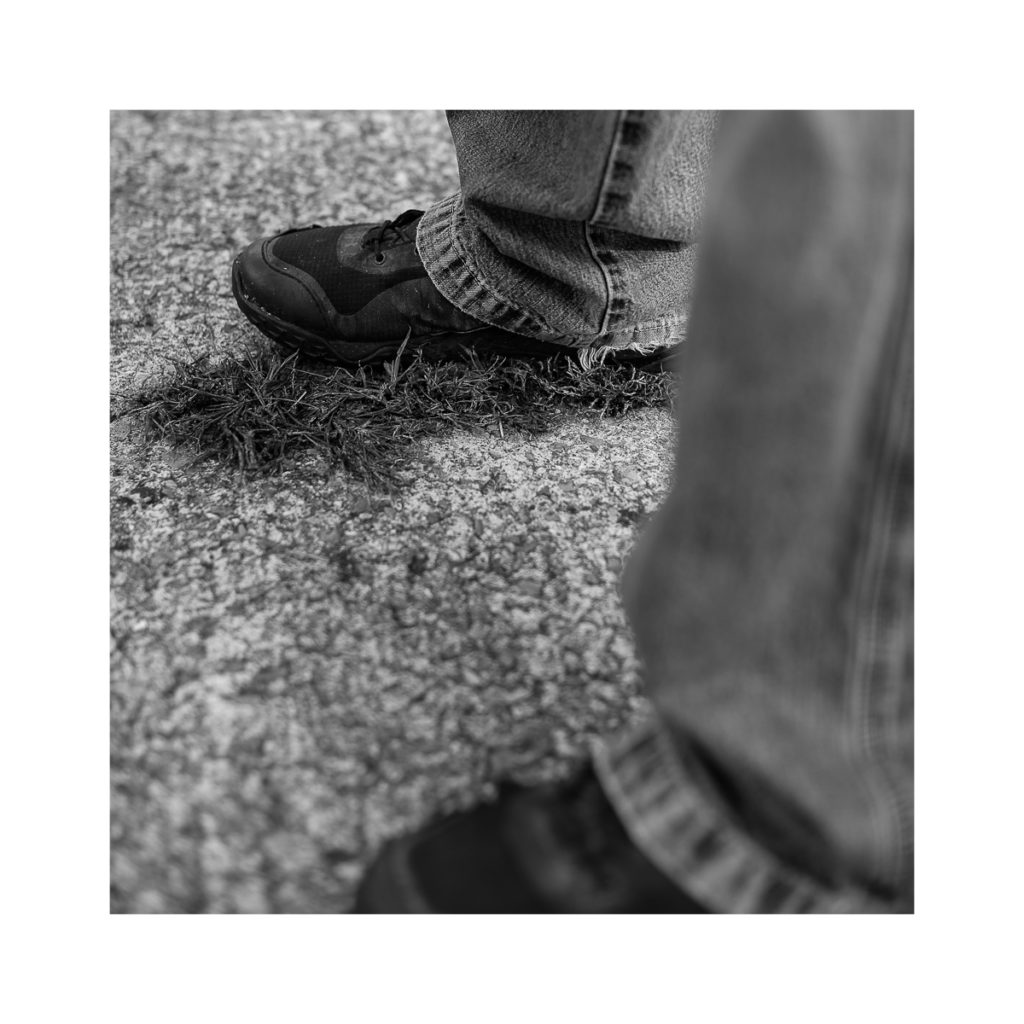
TD Deuel By Their Own Hand “Purple” No. 8 Archival Pigment Print 2019 24×24 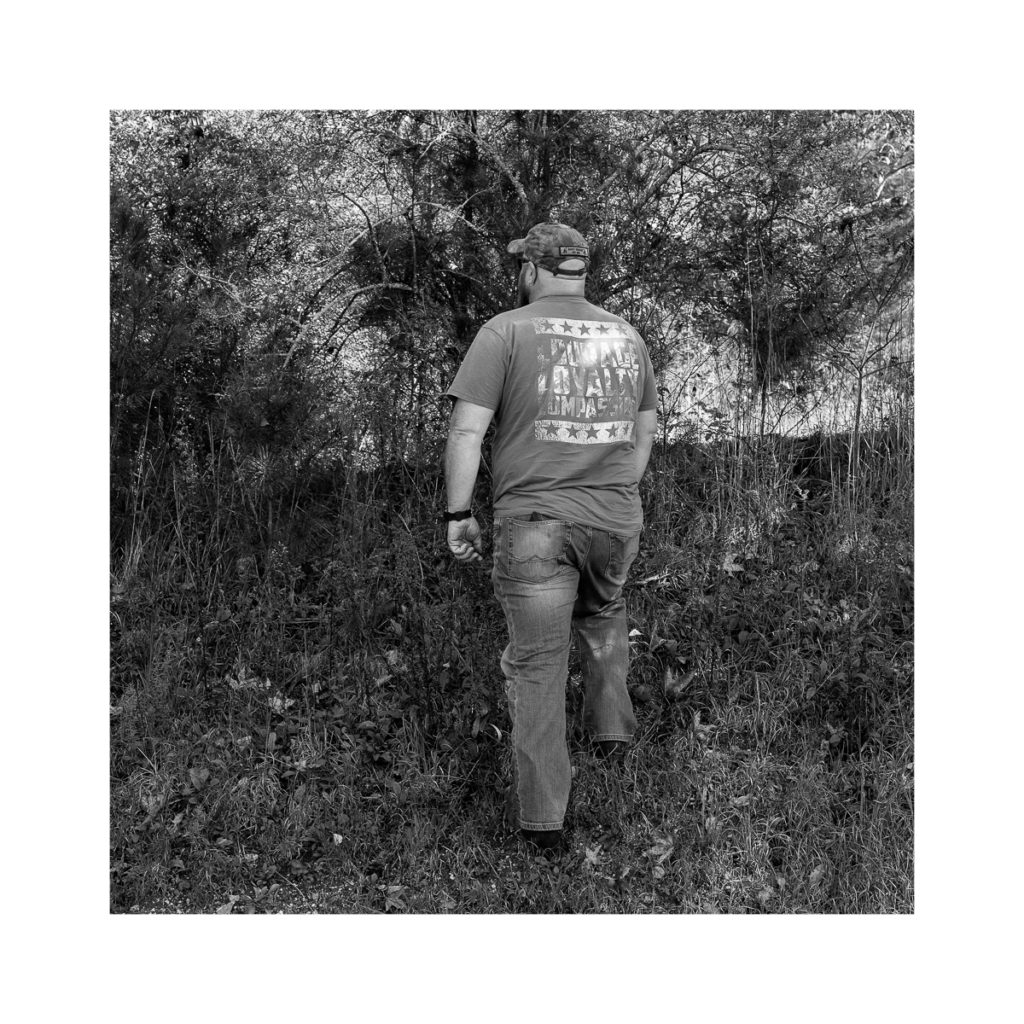
TD Deuel By Their Own Hand “Old Man” No. 8 Archival Pigment Print 2019 24×24 
TD Deuel By Their Own Hand “Old Man” No. 6 Archival Pigment Print 2019 24×24 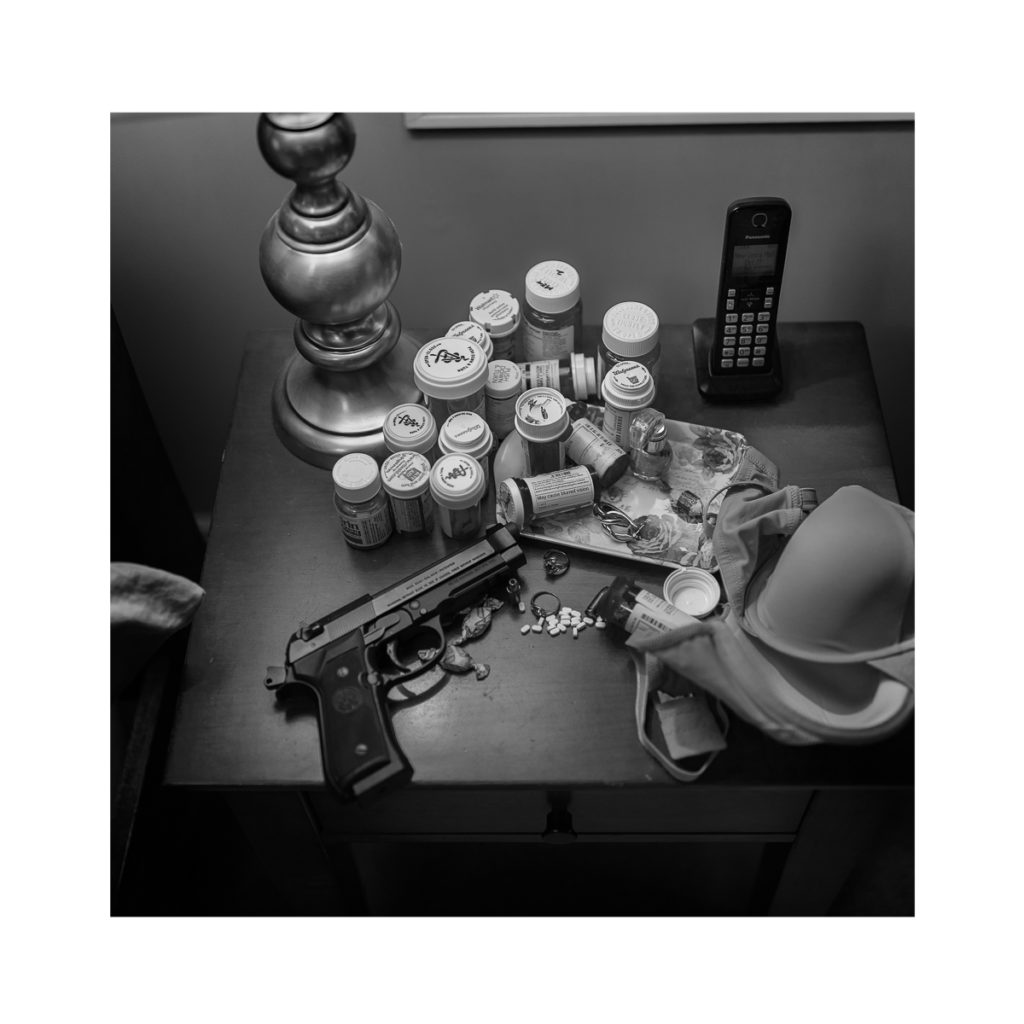
TD Deuel By Their Own Hand “Mama Bear” No. 3 Archival Pigment Print 2019 24×24 
TD Deuel By Their Own Hand “Dutch” No. 3 Archival Pigment Print 2019 24×24 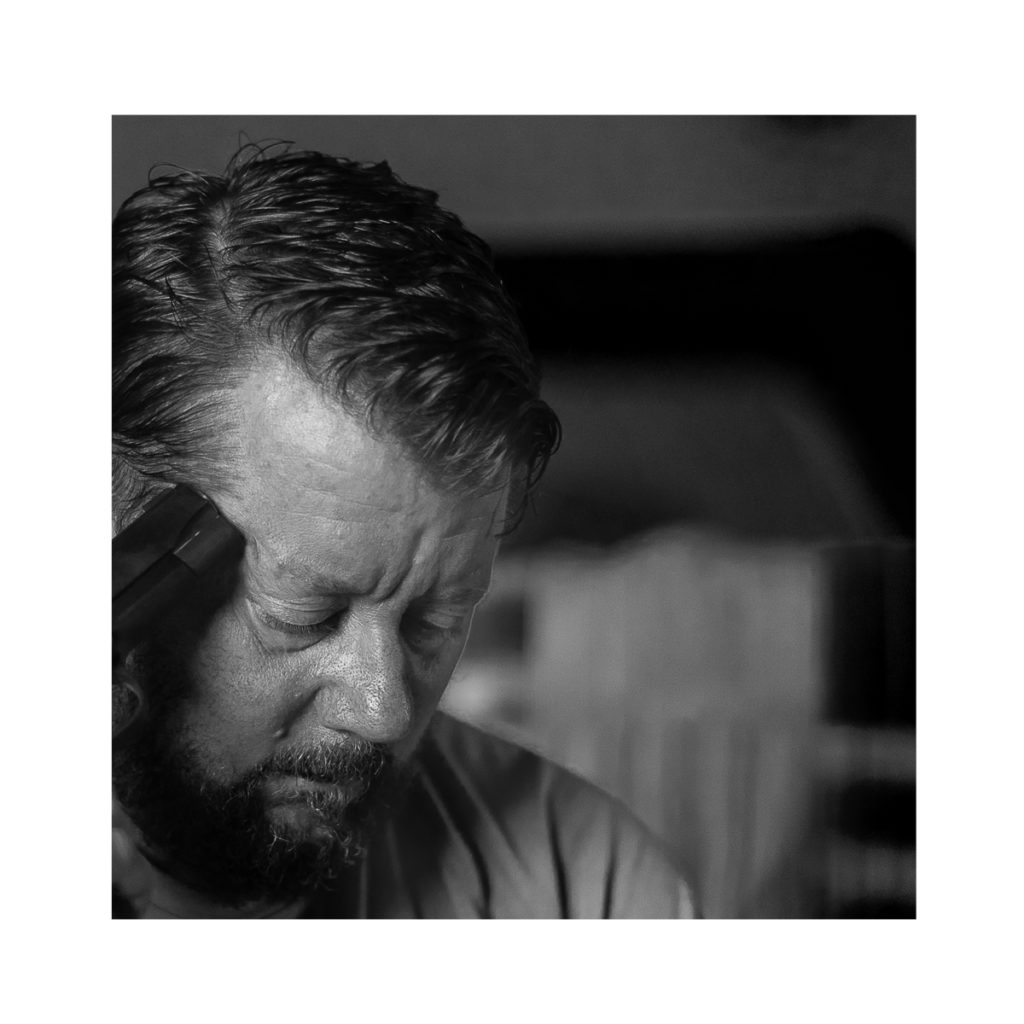
TD Deuel By Their Own Hand “deuce” No. 6 Archival Pigment Print 2019 24×24
Where do you attain your inspiration for your work?
For me, inspiration can come from anywhere. I carry 3×5 notecards or a small notebook
everywhere to write down thoughts and ideas for projects or images. Inspiration can come from
something I overhear, lyrics to a song, something I’ve read or a phrase uttered during a tv show.
For example, just yesterday, I was watching Russell Howard interview the English comedian
Jimmy Carr. Carr says, “If you have a job that is a task without end and that you can keep getting
better, that’s happiness.” For me, photography is that task without end.
What is your creative process like per shoot? (Planning process)
I think of myself a primarily a street photographer. When I go out to photograph, I have only
a general idea of a location. I rely heavily on instinct. I will often walk alleys and side streets
looking to scenes that interest me. If I happen to be working in a studio, I’ll have a note on the
poses I want or the types of lighting I’d like to try. I will take images repeatedly in both the
street and in the studio until I get what I want.

Park Place NE No. 9 Terrance David 2021 Atlanta, GA 13×19 Digital Pigment Print 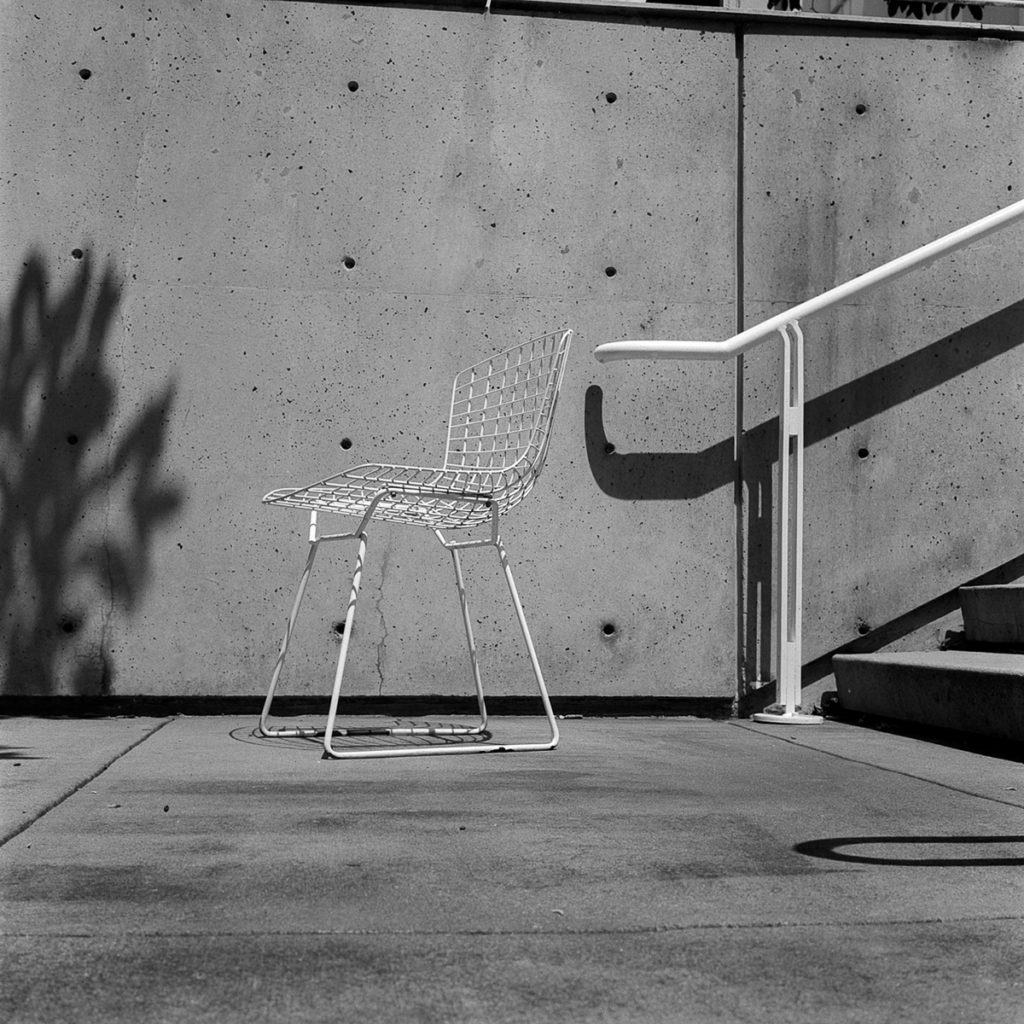
Woodruff Arts Center Terrance David 2021 Atlanta, GA 13×19 Digital Pigment Print 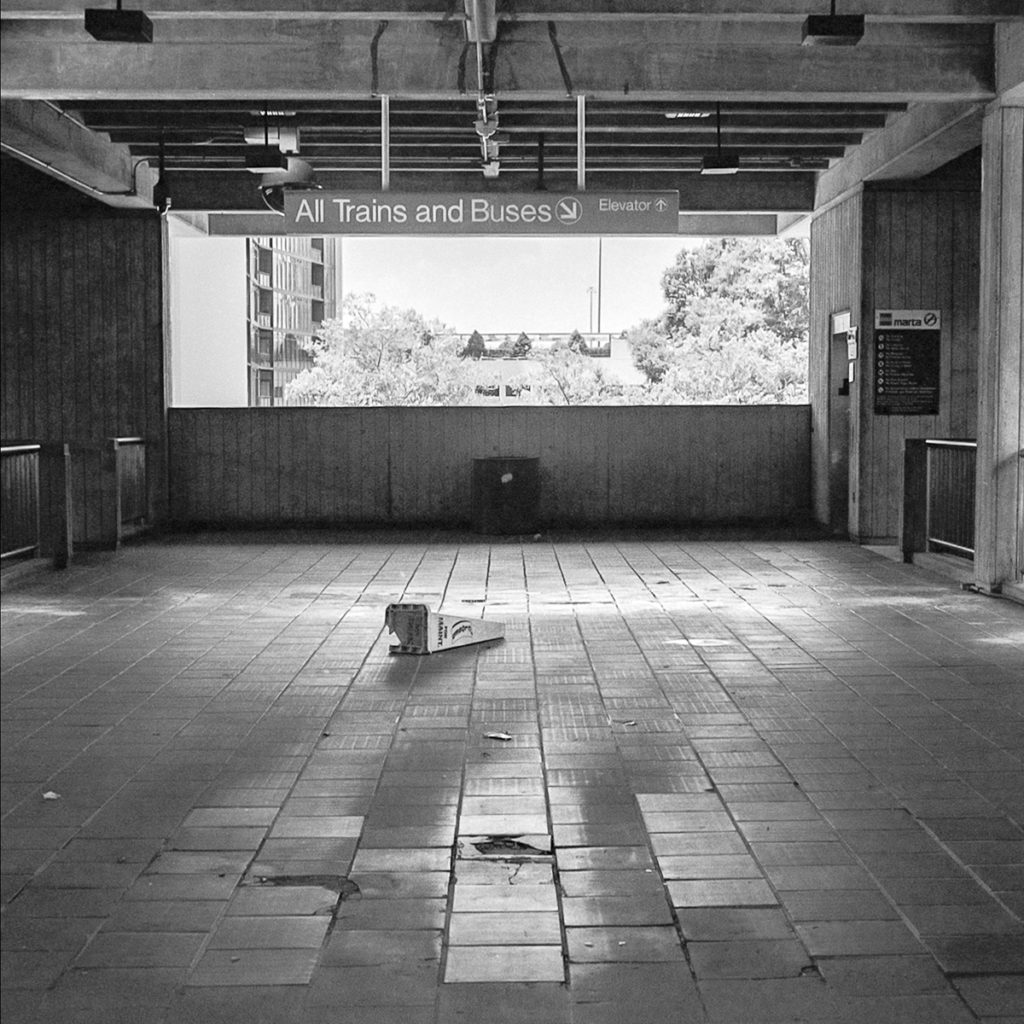
Arts Center Way NE Terrance David 2021 Atlanta, GA 13×19 Digital Pigment Print 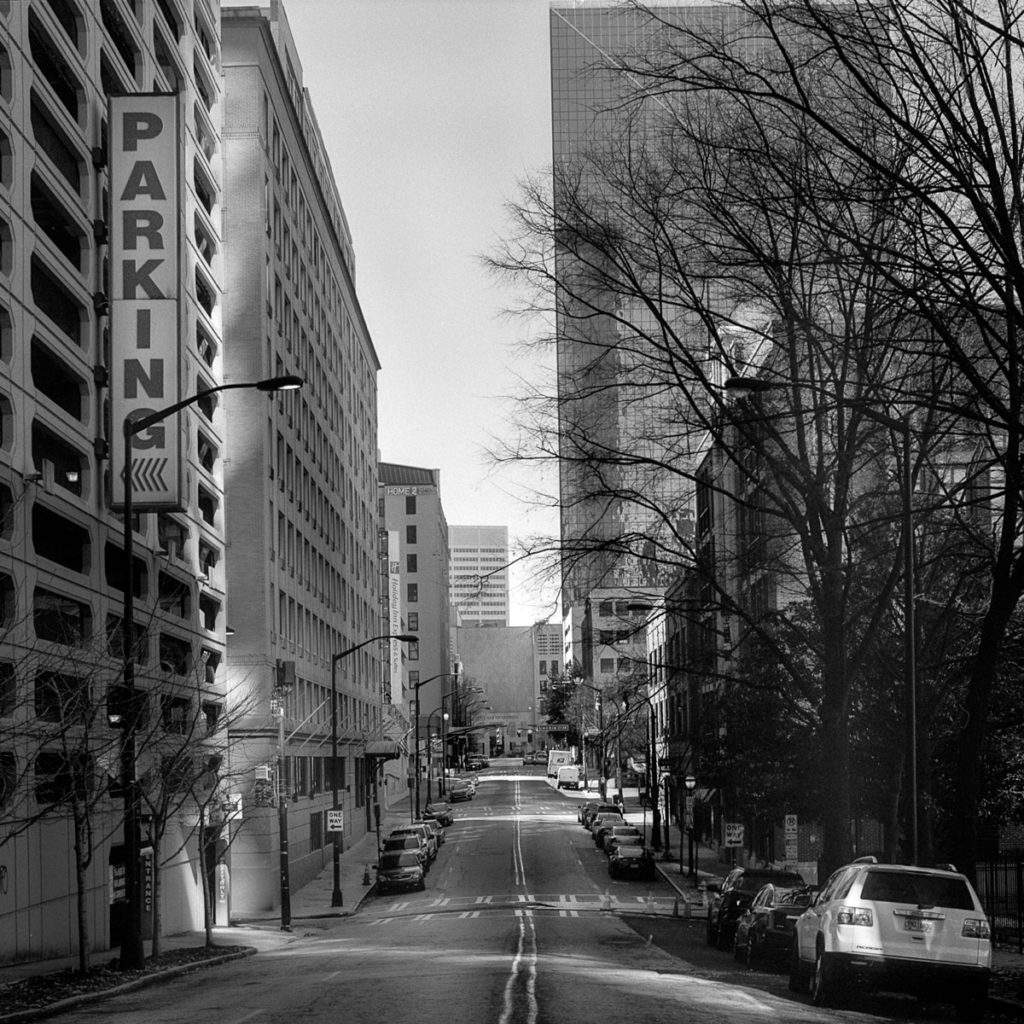
Cone Street NW Terrance David 2021 Atlanta, GA 13×19 Digital Pigment Print 
Baler Street NW Terrance David 2021 Atlanta, GA 13×19 Digital Pigment Print 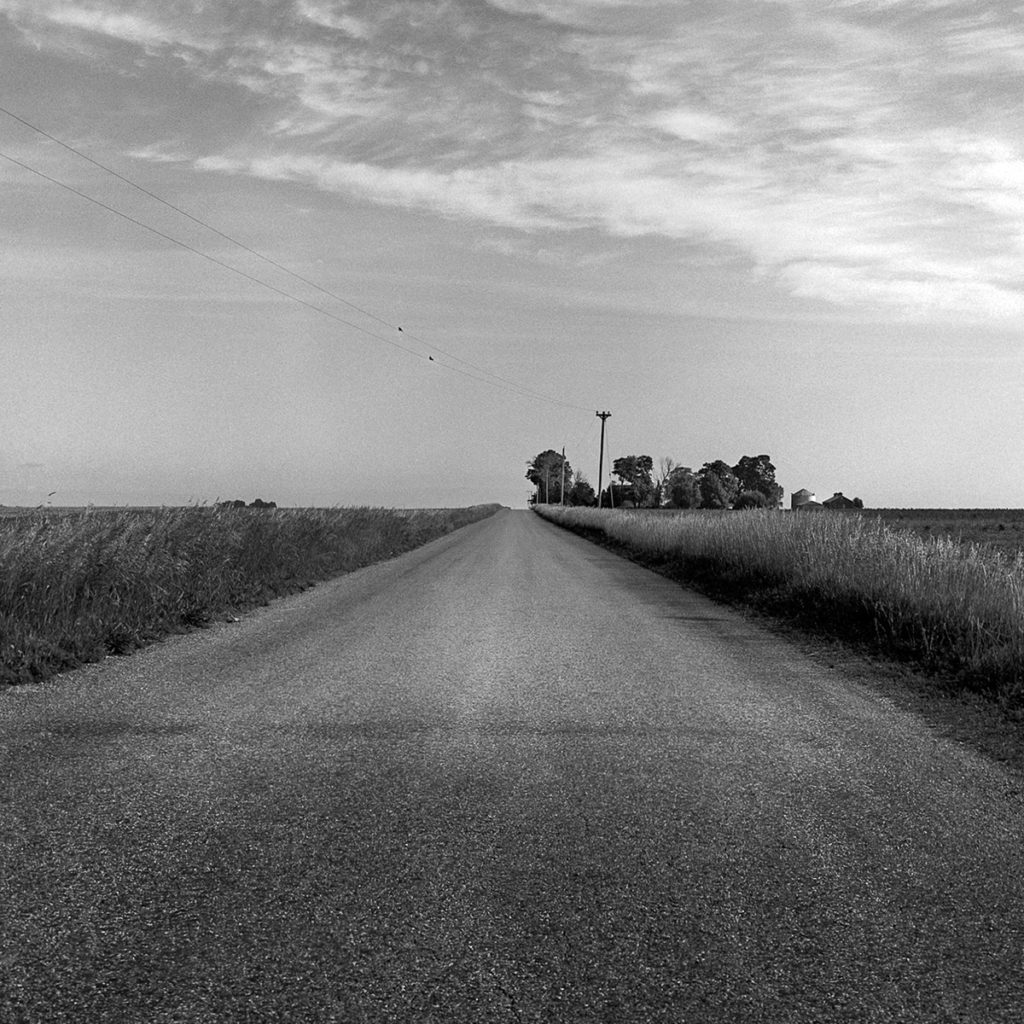

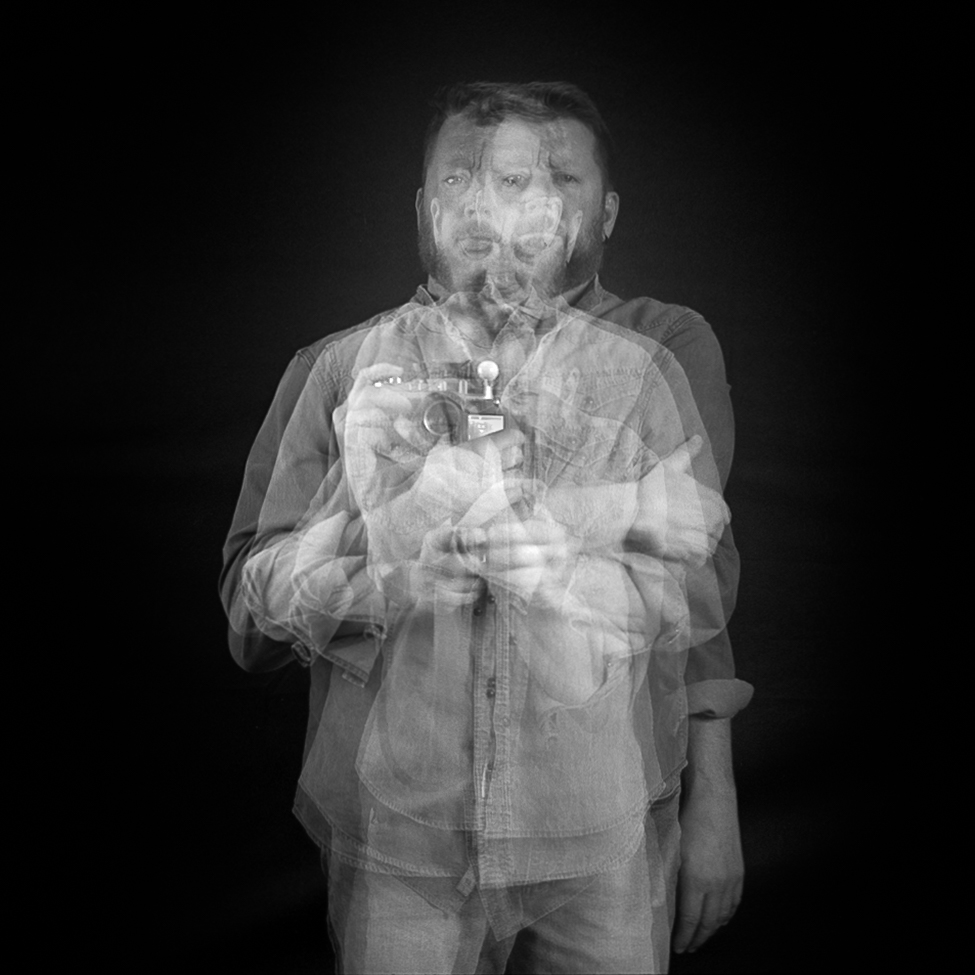
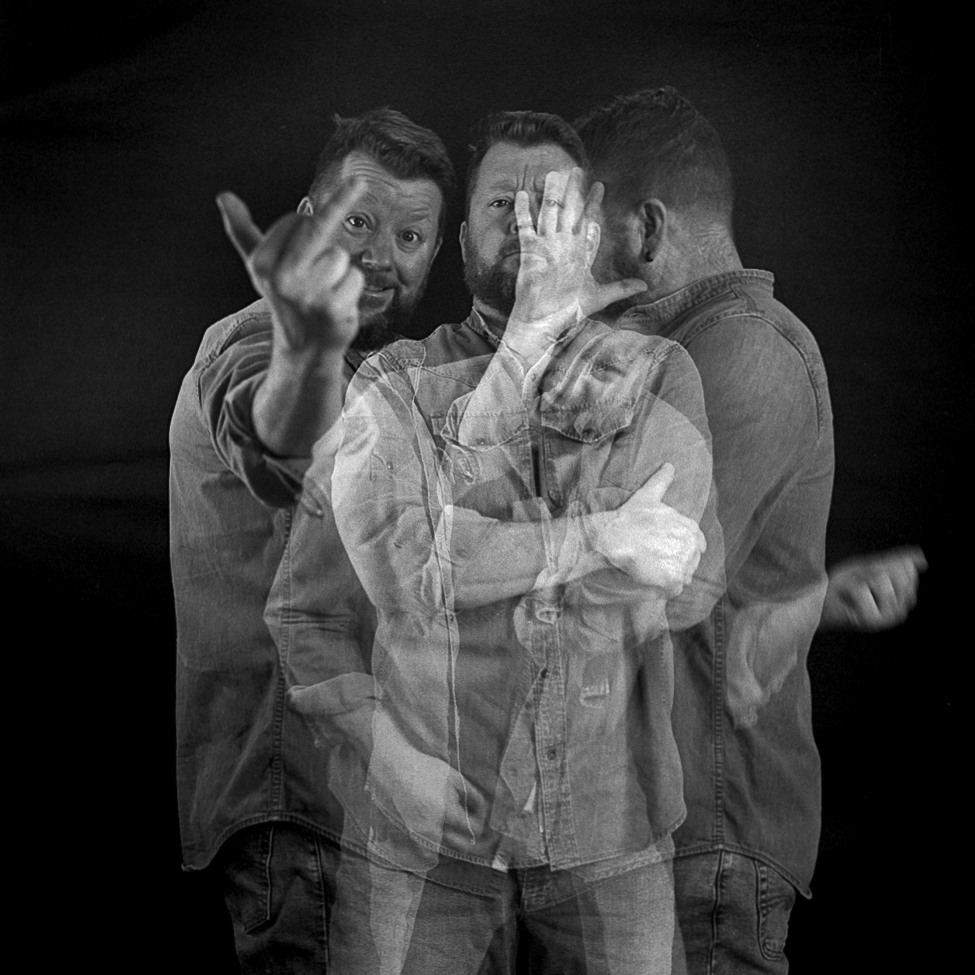
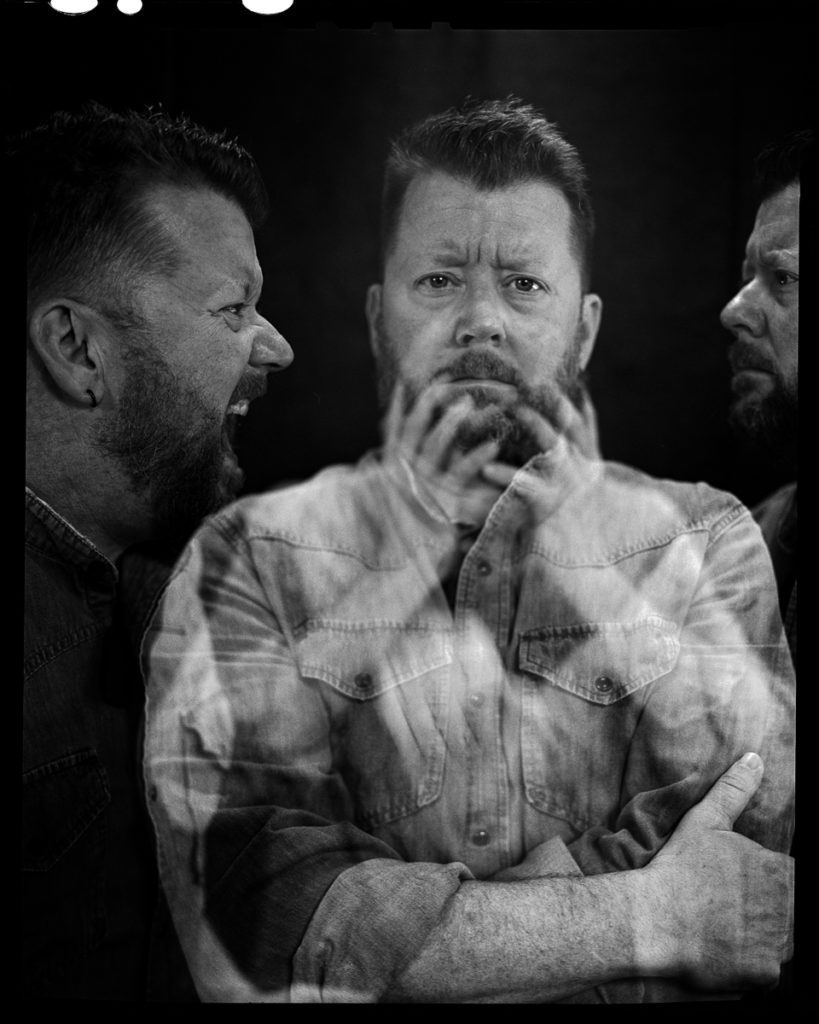

Terrance David 2021 Atlanta, GA 13×19 Digital Pigment Print 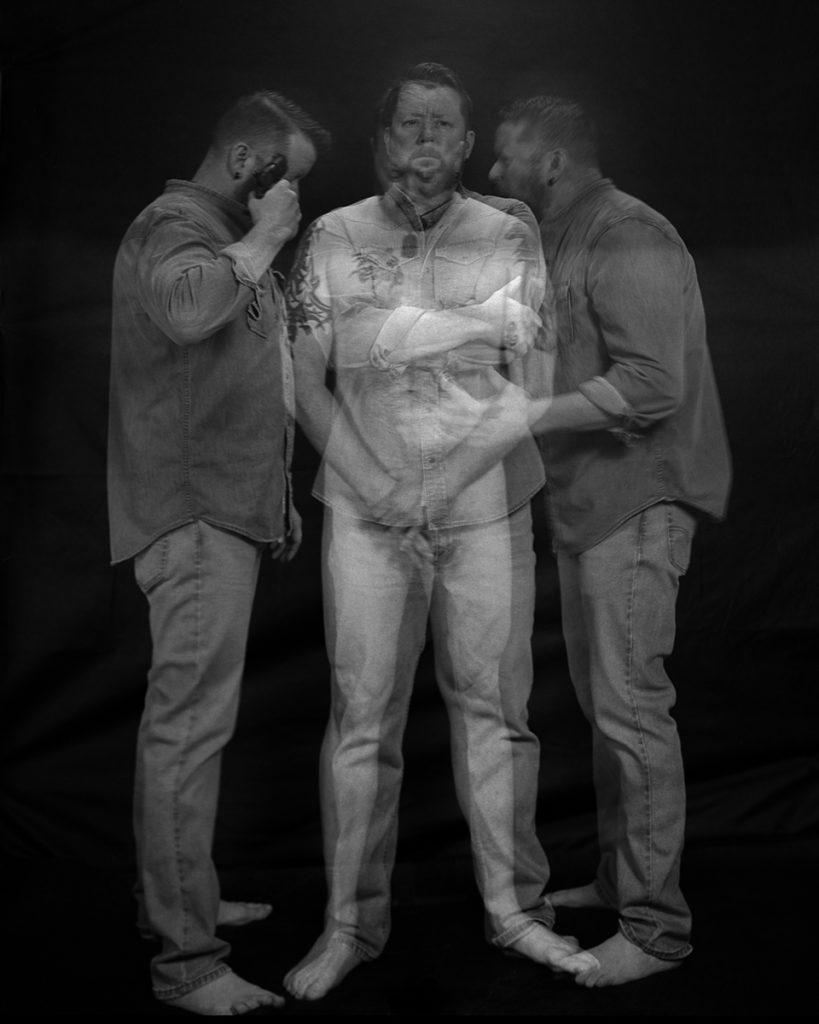

Terrance David 2021 Atlanta, GA 13×19 Digital Pigment Print
What impact do you want to have on the industry?
I’ve never given my impact on the industry much thought. For me, photography is about
creating for myself and the enjoyment I get from the process. Once I release an image into the
public, I no longer have true control over it.
What project(s) are you currently working on?
I’m currently working on my Master’s thesis with a working title, “Cry Aloud; Bold,” that
deals with my anxiety and PTSD. “Cry Aloud; Bold” is a series of self-portraits and urban/rural
landscapes. The self-portraits are in-camera multiple exposures that represent my anxieties, and
landscapes convey the sense of mindfulness I achieve through photography.
Is there any advice you’d like to leave to other aspiring photographers or SCAD students?
Keep taking photographs. Don’t ever delete any image file. Back up your hard drive often
and to multiple locations.
To see more of TD’s work, visit their Instagram, website and portfolio.

